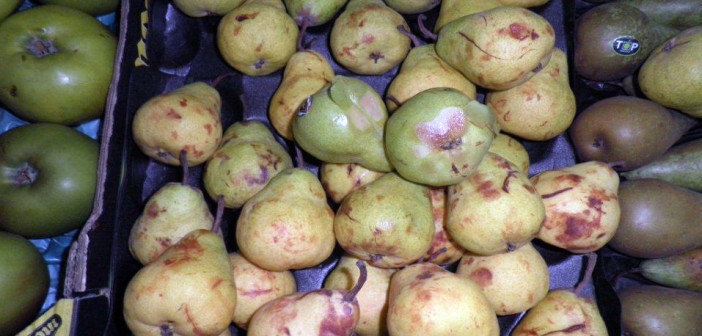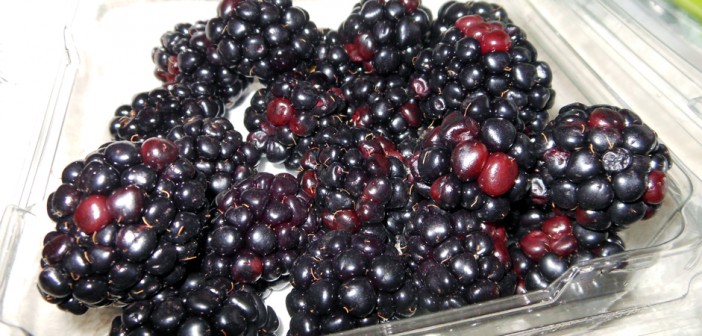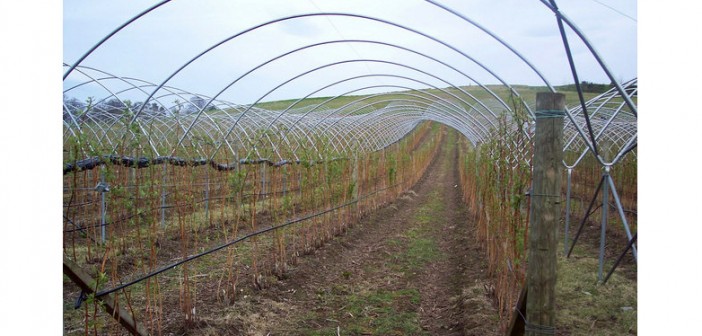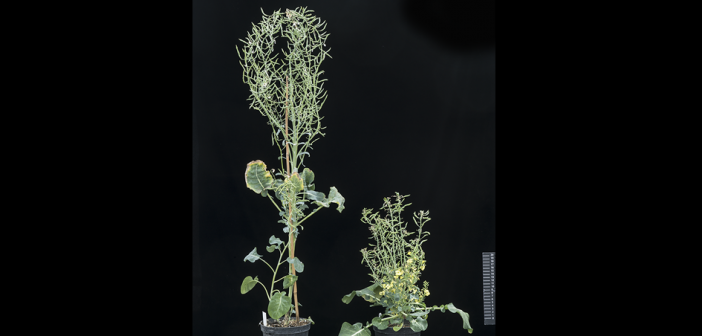Real agricultural income in the European Union (EU) has fallen by 6.0% in 2015 compared with 2014, while agricultural labour input has dropped by 1.8% according to the latest estimated figures from the European Commission. As a result, real agricultural income per worker in the EU has decreased by 4.3% in 2015.
However, the picture is mixed with thirteen member states showing increases in income per worker while fifteen reported falls. For the UK income per agricultural worker fell 19.3% compared with the previous year, representing a 21.6% decline on 2010 figures. Germany was the worst performing country seeing incomes fall by 37.6%.
According to Eurostat, which compiled the figures from national data, the biggest falls in output value were for sugar beet, grain maize, milk, pigs and forage. In terms of crop production across the EU the value of fresh vegetables rose 12.1%, with fruit up 7.3% and wine up 2.5%.

The post Agricultural income per worker falls appeared first on Hort News.








